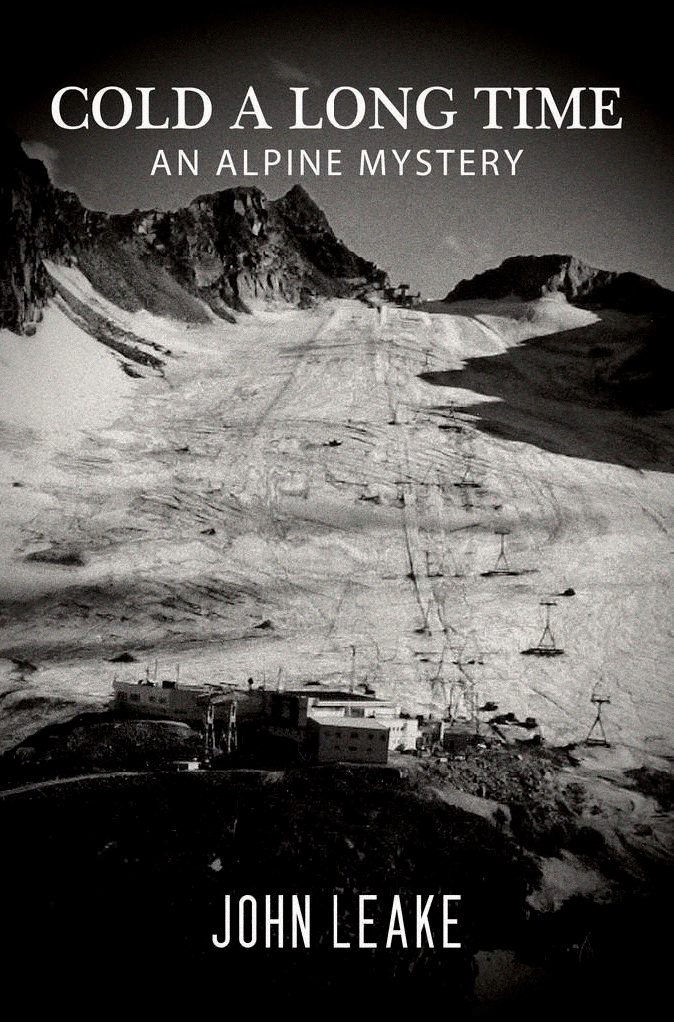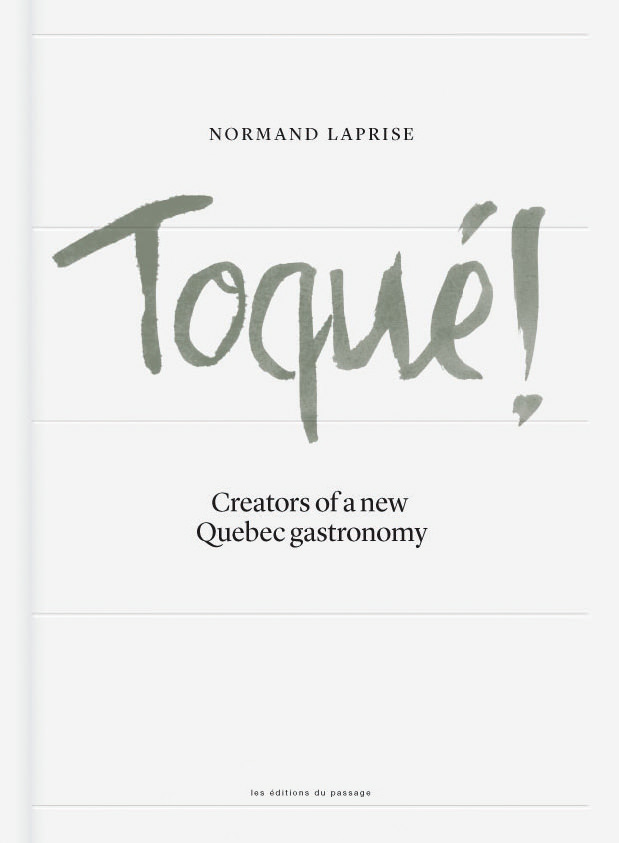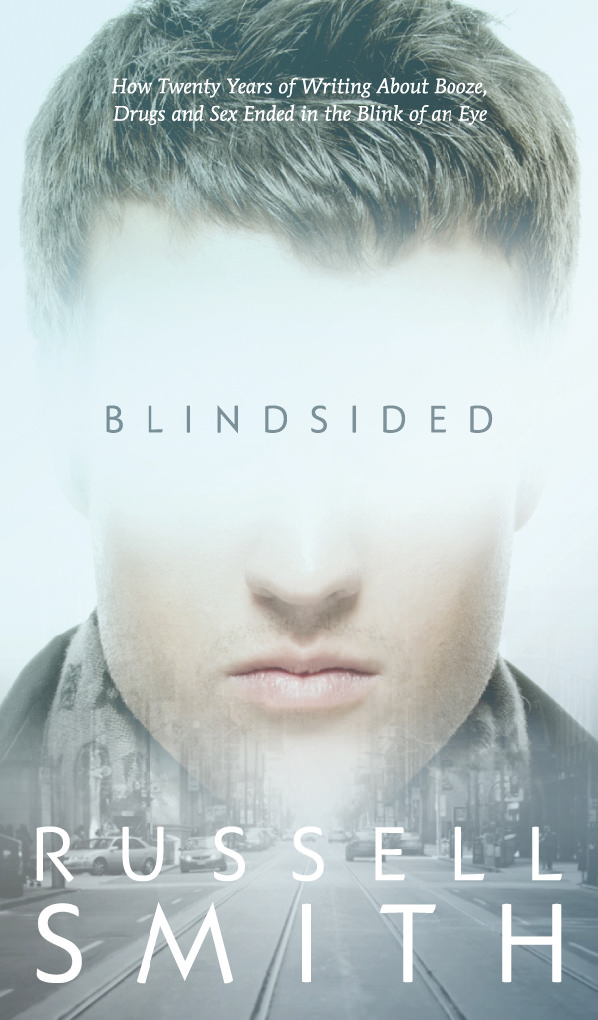Book Reviews: Two of This Season’s Most Magical Titles
Just our type.
The Centaur’s Wife by Amanda Leduc
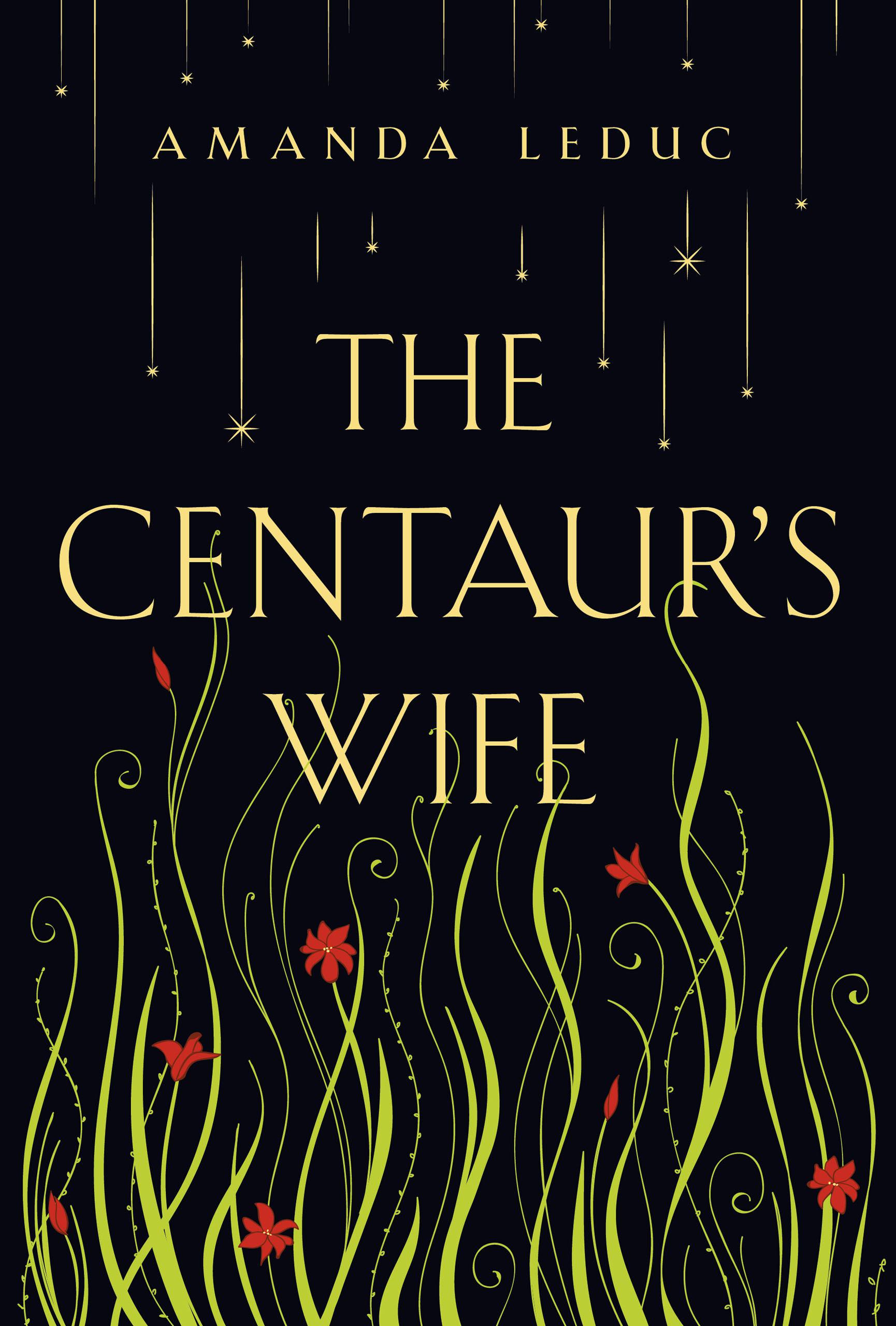
Last year, Canadian author Amanda Leduc wrote a book of literary criticism that took aim at the ableism of fairy tales. Disfigured: On Fairy Tales, Disability, and Making Space explores how childhood stories influence the way we view ourselves and others. In it, she suggests ways we can honour all body types. Leduc is disabled, and this year she is following up Disfigured with a fairy tale for the contemporary world. The Centaur’s Wife begins as a postapocalyptic story that centres on Heather, who has given birth to twins just before a meteor shower decimates her city, leaving only a magical green mountain. The plot shifts perspectives as the family travels up that mountain. Interwoven are the fables Heather tells her daughters, and the book transitions to a fantasy-esque tale. Stories become integral to the survival of those remaining, and the novel itself acts as an allegory for the power these stories can hold in our lives. Leduc plumbs the depths of creativity, emotion, and magic to create a story of survival, strength, and love that balances darkness with hope. She captures the imagination and rewrites fantasy for those who are weary of the genre’s treatment of the environment and marginalized people.
The Absolute Book by Elizabeth Knox
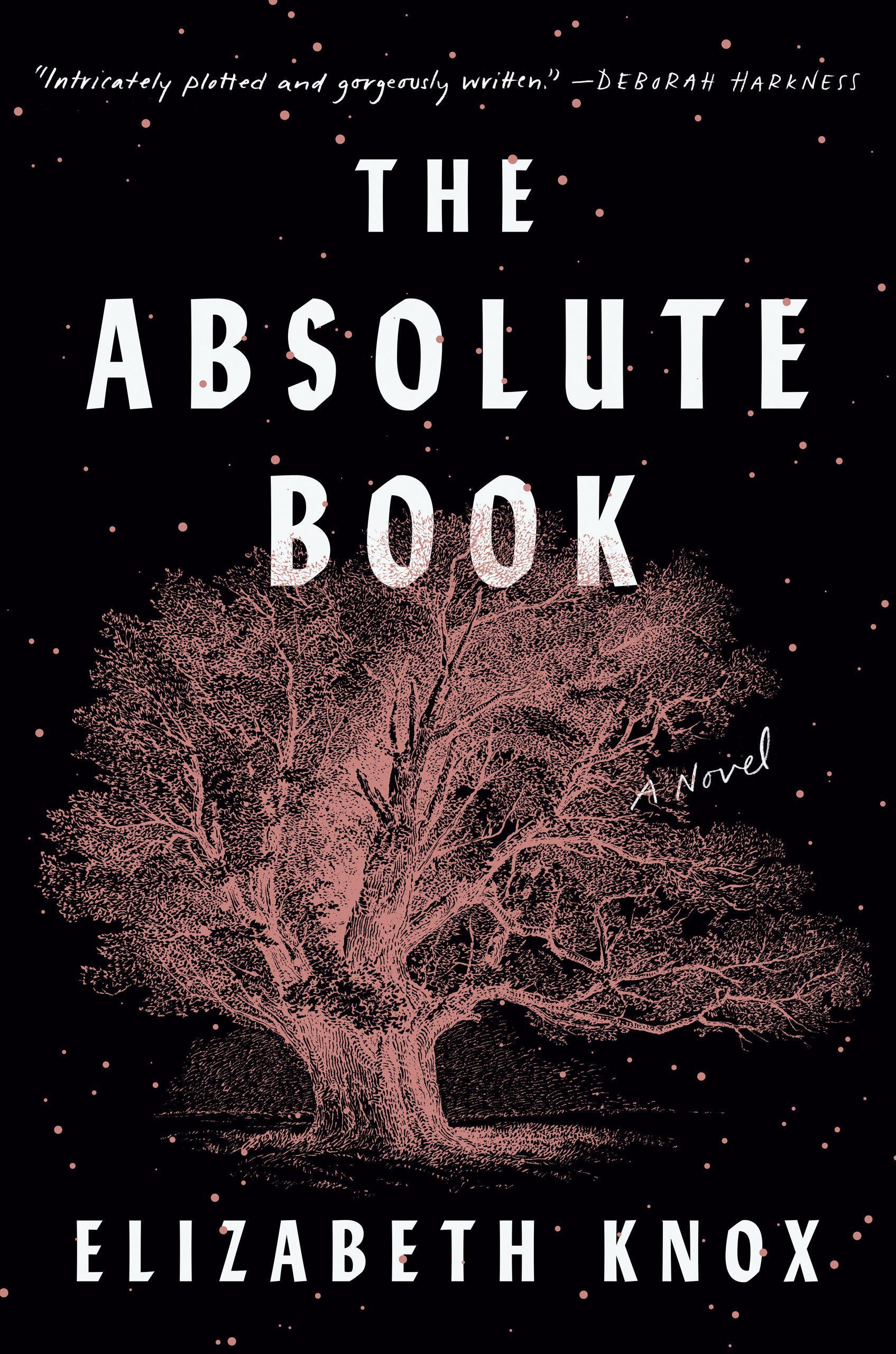
Novels set in ancient libraries, midnight bookshops, or hidden archives contain a literary magic that not only drives sales and lands them on bestseller lists but also cements them in our hearts as beloved homages. From the outset, Elizabeth Knox’s latest novel The Absolute Book feels as though it’s looking to join those ranks. We follow author and library enthusiast Taryn Cornick, struggling to move on after her sister’s murder. She and a shadowy figure embark on a journey to find an enchanted object through lands both real (Britain and New Zealand) and imaginary (purgatory and fairyland). The weaving together of various fantasy worlds, genre conventions, and narrative styles is abrupt and unapologetic but written with Tolkien-level precision. The writing is so prosaic that you won’t mind the obliqueness of the plot or mystery-shrouded characters. To reveal what to look out for would be cheating. Letting the story unspool is the joy of this book. There are the hallmarks of a fantasy novel—magic scrolls, a hero’s quest, gods, monsters, and raven familiars—coupled with an atmosphere that would be right at home in a noir crime novel. Throw these elements in a cocktail shaker and sip on the story that pours out.


